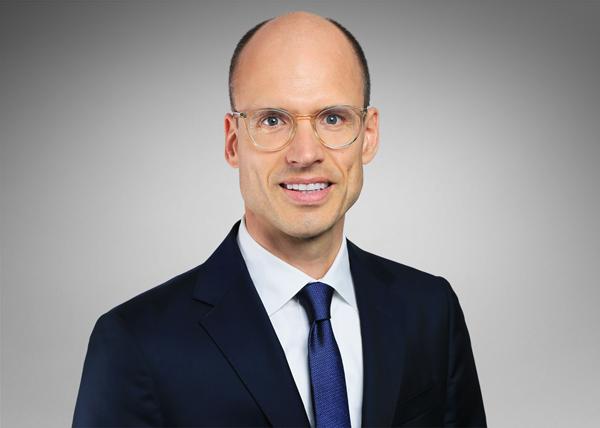Dr. Henning Bloss is quoted in the WirtschaftsWoche regarding European Stock Exchanges and national capital market regulations. Concerning Special Purpose Acquisition Companies (SPACs), Mr. Bloss says, “Amsterdam is currently the number one stock exchange in Europe for SPACs.” When asked why German companies move their headquarters to the Netherlands, he says, “companies with legal seat in Germany are subject to more restrictive corporate regulations. For example, in the case of a capital increase, when third-party investors are to receive new shares on preferential terms, German companies may only emit new shares within certain limits.”
Regarding the restriction that companies can only increase capital by ten percent and close to the stock market price if existing shareholders are excluded, Mr. Bloss says, “Biotech companies are very capital-intensive firms that always need new rounds of financing. However, a discount of less than ten percent to the stock market price is often too little to attract new investors. U.S. investors in particular expect a higher discount in that regard.” These restrictions are the main reason for companies to relocate to the Netherlands, he says. “The Dutch are more flexible on this front, very proactive and good at making their financial center more attractive,” says Mr. Bloss. “For Germany as a financial center, it's a loss that some companies are leaving, but for existing shareholders, who can't be diluted at will, the protection makes sense.” Small shareholders thus remain in a good position after capital increases, even if new shares are placed at very favorable prices -and they retain their fair share of future profits.
Back
Back




